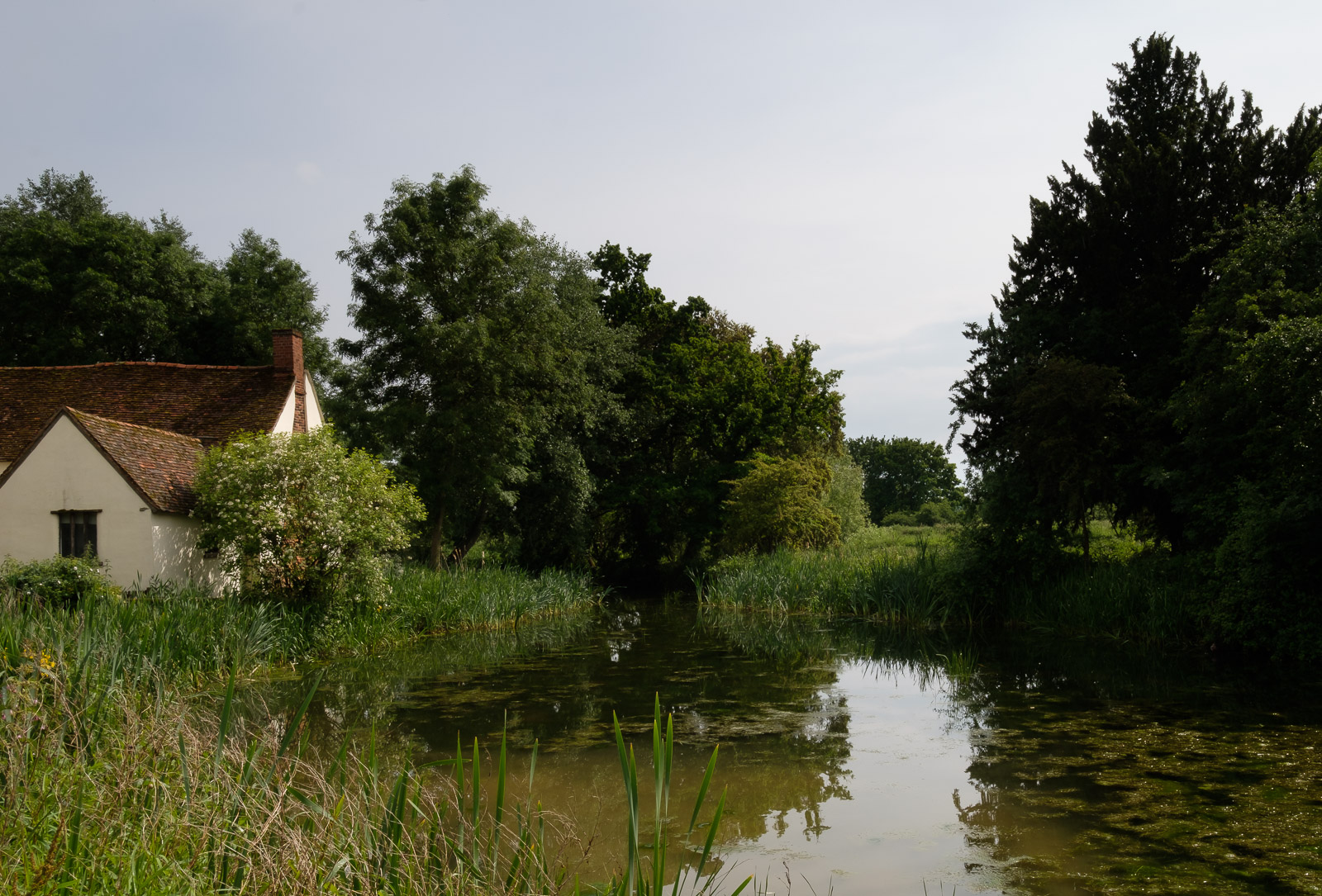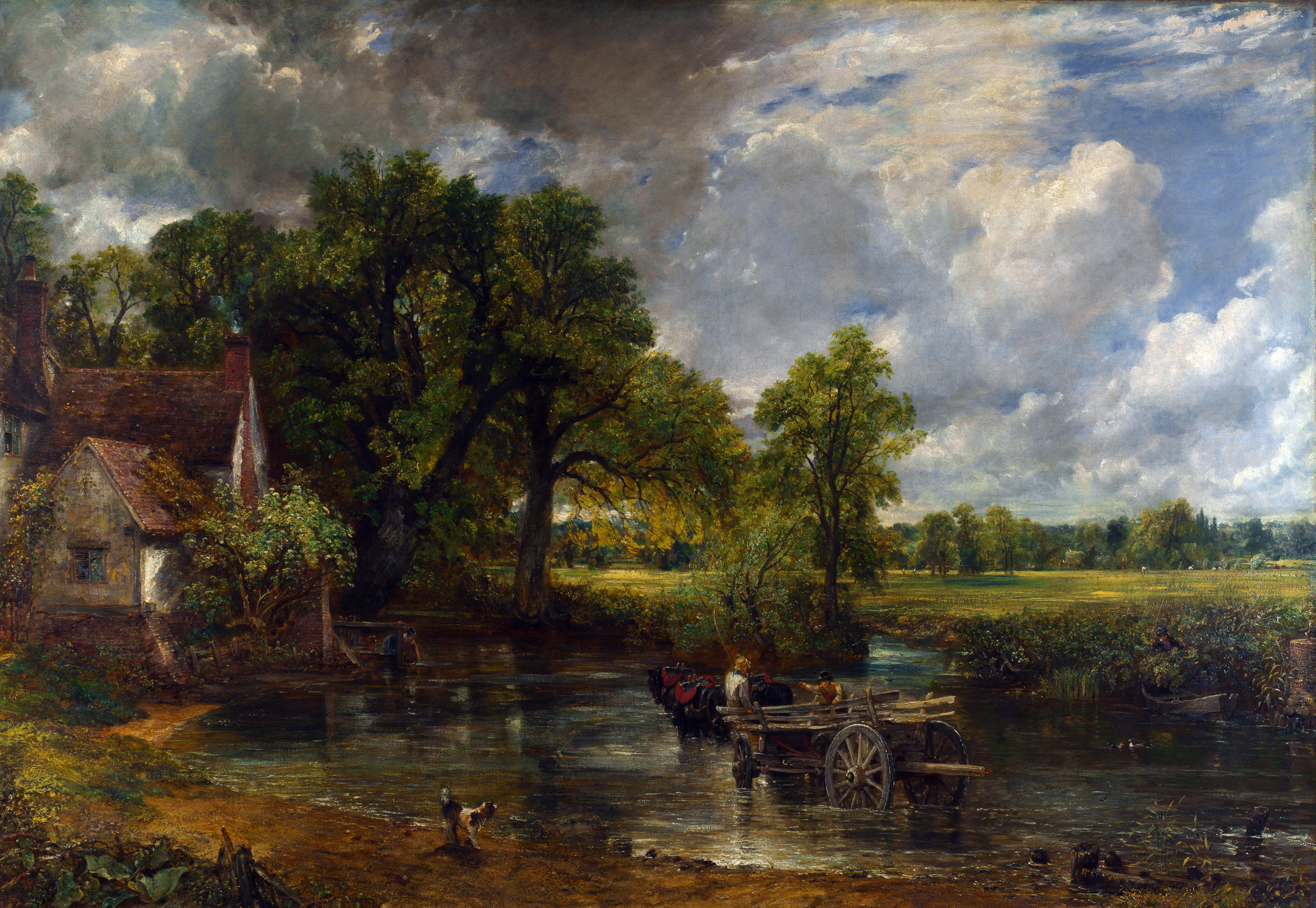Obvious, right?
Well, some things are even less obvious than you might suppose. Take a look at this vehicle, for example. What do you think it might be used for?
Click and watch the video to find out.
My pal Owen Barder has an interesting post on Facebook:
So here is how this could go.
We invoke Article 50 in October.
We negotiate a new deal which is roughly Norway / European Economic
Area. The UK has to accept Free Movement of Labour, and a net
financial contribution. But we lose the rebate and don’t participate
in Single Market rule setting.There is a general election before the actual exit. A progressive
centre left coalition runs on a platform of remaining in the EU.The public realises that staying in is a far better deal than they are
getting from exit (which is now an explicitly-defined alternative)
and, satisfied they have give the political class a bloody nose, votes
for the remain coalition.The new government withdraws the notification of Article 50. There is
no procedure for this, but it is in everyone’s interest to invent one.
While shares are cheap, I’m going to invest in Northumbrian construction companies.
I’ll make a killing in a few years’ time when we have to rebuild Hadrian’s Wall.
For those who are, like me, disappointed with the results of the referendum, let me offer some mitigating thoughts to try and cheer you up over the next few days!
As the old saying goes, “Democracy is the worst form of government except all those other forms that have been tried from time to time.” But if you believe in it, then a referendum with a clear question and two choices is the purest form of democracy. In it, the British people voted across party lines for greater and more locally-accountable democracy. And huge numbers turned out to do it. Never in recent years has democracy been so much of a talking-point. Never has it had such a turnout.
I don’t believe that the clear tendency of older voters towards leaving can be put down purely to xenophobia. I think those of us old enough to remember life before the EU are less scared of being without it. For younger voters it’s been portrayed as a terrifying leap into the unknown.
Remember that the majority of our trade is not with the EU. Yes, the EU is a very big part of it, but it’s less than half, and that proportion has been falling since 1999. Remember too that the EU imposes extra friction on much of our current trade with countries outside its boundaries – the majority of our trade. We should do what we can to further reduce friction and tariffs on all our other trading partners in the next few years. It may not compensate for the new frictions imposed as we leave, but it should offset it. Also, a large proportion of our trade is with other non-EU European countries, which bodes well for us when we’re on the outside.
Remember that 90% of the world’s countries are not in the EU. Globally, we are rejoining the majority. I don’t think that is a retrograde step.
Thank God we didn’t join the Euro – look at what’s been happening to it. In fact, until the referendum came along, the poor prospects for the Euro economy were a regular feature of the news. There will be some benefits to decoupling ourselves from it a bit.
You shouldn’t assume that those who voted leave did so for the same reasons as the more extreme spokespeople, who are naturally beloved of the media. I have many friends who indicated they would vote that way and they are all nice, very intelligent, well-travelled, foreigner-loving people. Don’t believe the stereotypes. Britain hasn’t changed.
This was a vote for an issue, not for people. Not even for a political party. I don’t for a minute think Nigel Farage is going to be PM. In fact, I think this may rebound. If Labour manage to get an electable leader I think they’ll win the next general election as a result of this.
We soon won’t have to see those annoying cookie messages at the top of every web page!
You may not find all of these comforting. But I hope some of them will help a bit. 🙂 Enjoy the sunshine!
It occurs to me, as I go to bed wondering what will be broadcast about the referendum in my sleep, that it must now be at least a decade since I watched any actual live TV.
This means that I’ve voluntarily paid at least £1400 in TV licensing that I didn’t need to pay. Not legally, anyway. You can listen to the radio, and watch iPlayer content without one. It’s only live TV, online or traditional, that actually requires a licence.
Now, I’m a fan of the BBC and I’ve consumed lots of its output in various ways, so I feel a moral obligation to keep supporting it. But it does make me wonder how long this funding method can continue…
The shooting of MP Jo Cox has caused understandable shock waves here, because it is so unusual.
In the US Senate, a 15-hour filibuster session trying to force some debate on (very limited) gun control looks as if it might have been successful. Vox news points out that during that session, 48 people were injured or killed from gunshots.
Here, also from Vox, is an excellent summary of the international statistics around gun ownership.
Thanks to Markus Kuhn for the video link.
Managed to visit Flatford Mill in daylight the other day, and in better weather conditions than last time…

It’s a nice area, famous mostly because of Constable…

Amazing what technology can do with music; what it could do, even back in 2008…
Aleksey Igudesman
Thanks to Adrian Higgs for the link.
I’ve often pondered the question of why some countries drive on the left-hand side of the road, and others on the right. We normally mount horses from the left — presumably because a sword would get in the way while doing so from the other side — so they are naturally positioned to set off down the left side of the road, as God and the King clearly intended. Why, then, would other countries have adopted a different system?
This great article talks about how Sweden switched over from driving on the left to the right in 1967. Extract:
When horse-back was the primary mode of transit, people generally rode on the left side of roads so that their right hand remained free to greet oncoming riders–or to attack them with a sword.
But with the rise of horse-drawn carriage, conventions began to change. Drivers would often sit on on the left rear horse, so their dominant right hands could more easily control the rest of the team which stood to the front and right of the driver. It then made sense for them to drive on the right side of roads so the driver could be positioned in the middle of the lane and be able to more easily keep track of carriages behind them.
So there you have it. Worth reading the rest. But don’t listen to the Telstars’ song, HÃ¥ll dig till höger, Svensson, or you may be humming it for some time.
Thanks to Mark Littlewood for the link.
If I had a farm, I’d want one of these. Actually, I don’t have a farm, but I still want one of these.
The Associated Press has finally decided that we don’t need to capitalise ‘internet’ any more, something I suggested here over six years ago in accordance with Quentin’s Law of Technological Pervasiveness.
(Oh, and that came five years after Quentin’s Second Law, just FYI.)
© Copyright Quentin Stafford-Fraser
Recent Comments